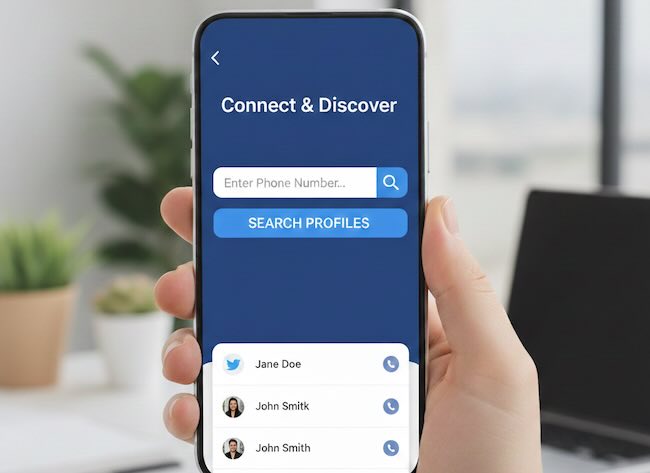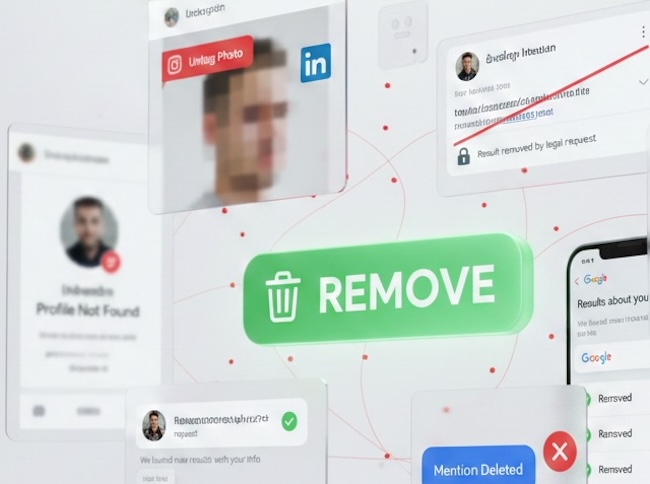
Developers of the popular WhatsApp messenger have added new features related to the group chats and privacy settings.
First innovation gives users more control over who can see their photos, recent activity and other data. Previously information could be shown to everyone, hidden from everyone or shown only to contacts. Now you can adjust settings for each contact individually.
 Back in December Facebook introduced a $1 charge for sending a message to the Facebook inbox of any user.
Back in December Facebook introduced a $1 charge for sending a message to the Facebook inbox of any user.  The most popular social network updated interface of the Help Center: simple navigation and a list of frequently asked questions.
The most popular social network updated interface of the Help Center: simple navigation and a list of frequently asked questions. Yesterday the UK based company ALLOW announced a launch of the first social media insurance to protect against reputation issues, social network account jacking and ID theft.
Yesterday the UK based company ALLOW announced a launch of the first social media insurance to protect against reputation issues, social network account jacking and ID theft. Facebook is constantly updating its inteface and settings configuration, so most of the How-To tutorials published in the various blogs are invalid now.
Facebook is constantly updating its inteface and settings configuration, so most of the How-To tutorials published in the various blogs are invalid now. Facebook is quickly becoming one of the most popular platforms for web-scams of all kinds. This is not surprising due to 900 million potential victims. Web criminals invent new ways of cheating everyday, recent trend is Profile Visitor Applications, according to Internet security company Dr. Web.
Facebook is quickly becoming one of the most popular platforms for web-scams of all kinds. This is not surprising due to 900 million potential victims. Web criminals invent new ways of cheating everyday, recent trend is Profile Visitor Applications, according to Internet security company Dr. Web. The founders of Facebook have signed an agreement with a number of antivirus software companies. After that, users of the social network can have access to the free versions of the antivirus programs and install some other security tools.
The founders of Facebook have signed an agreement with a number of antivirus software companies. After that, users of the social network can have access to the free versions of the antivirus programs and install some other security tools. As in any social network, Facebook is full of people who are not completely familiar with the privacy settings. If a person is engaged in serious business, and uses the Facebook page to attract customers, then open page is good, however, if the personal page is open to the public, it can lead to some problems, including hacking the page.
As in any social network, Facebook is full of people who are not completely familiar with the privacy settings. If a person is engaged in serious business, and uses the Facebook page to attract customers, then open page is good, however, if the personal page is open to the public, it can lead to some problems, including hacking the page. According to the new research, Facebook’s restriction for registration of users under 13 years old, does not stop little children from doing it.
According to the new research, Facebook’s restriction for registration of users under 13 years old, does not stop little children from doing it. In the social network Facebook profiles of popular users will be checked up in the nearest future. Owners of these accounts will have to confirm that they are real people. It was reported by TechCrunch.
In the social network Facebook profiles of popular users will be checked up in the nearest future. Owners of these accounts will have to confirm that they are real people. It was reported by TechCrunch.



